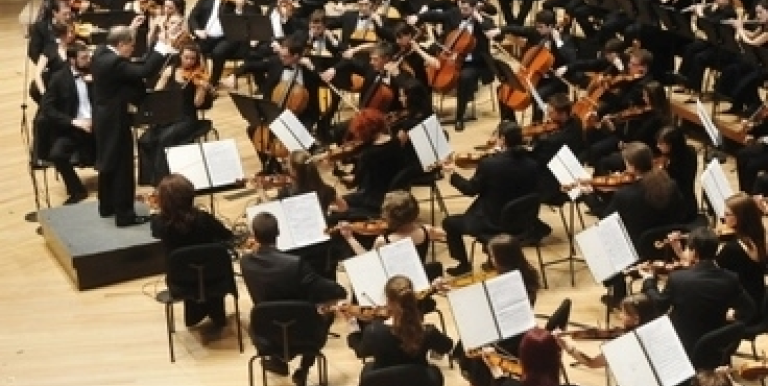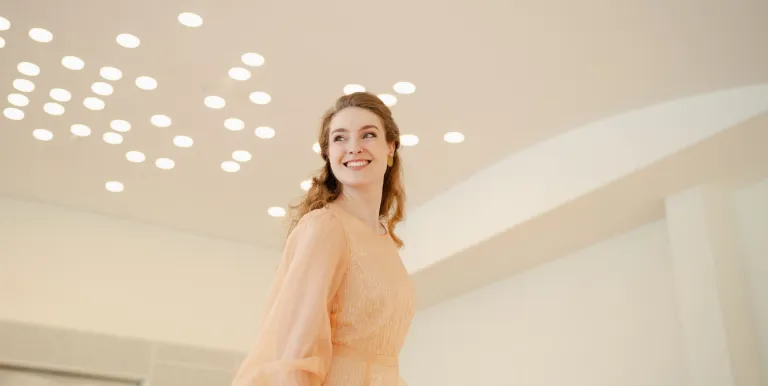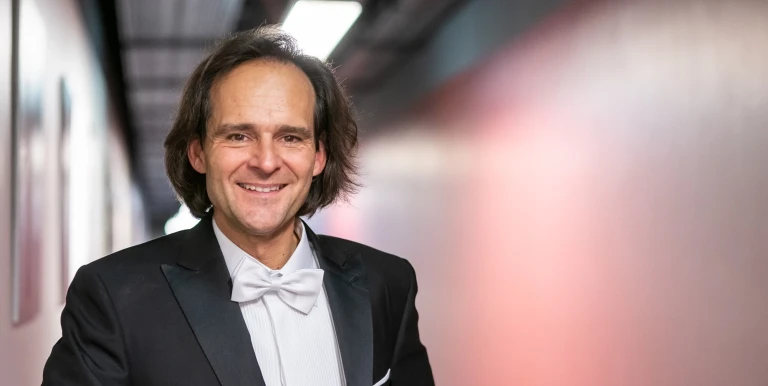Debussy
Prélude à l'après-midi d'un faune
Poulenc
Harpsichord Concerto
Ramírez-Pacitti
Misa Criolla
Ramírez-Pacitti
Navidad Nuestra – Our Christmas
The orchestral piece Prélude à l'après-midi d'un faune – Debussy’s most frequently performed work – was inspired by a poem by the symbolist Stéphane Mallarmé, in which a faun meditates on his real or imagined experiences of love. Both the uncertain tonality and the solemnity of the music faithfully reflect the artist’s ambivalent relationship to reality. Francis Poulenc composed his Concert champêtre (Pastoral concerto) for harpsichord and orchestra in 1928. With his studies in composition completed not long before, Poulenc’s harpsichord concerto was one of his first mature works. It was around this time that the neoclassical style initiated by Stravinsky came into fashion, reviving the Baroque and Classical composition methods with strong melodies and distinct rhythms. This is the style that characterises this concerto by Poulenc, which follows the time-honoured, traditional three-movement structure (fast–slow–fast). The name of Argentine composer Ariel Ramírez is all but synonymous with his most famous creation, the Misa Criolla (Creole Mass). Ramírez studied the music of his homeland at length, and, after the Second Vatican Council permitted mass to be celebrated in modern national languages, this work became one of the first masses built on national traditions in all its elements (melody, rhythm and instrumentation). The composer’s six-movement cantata Navidad Nuestra (Our Christmas) was composed around the same time. Presented by: Zugló Philharmonia
Presented by:
-
We wish to inform you that in the event that Müpa Budapest's underground garage and outdoor car park are operating at full capacity, it is advisable to plan for increased waiting times when you arrive. In order to avoid this, we recommend that you depart for our events in time, so that you you can find the ideal parking spot quickly and smoothly and arrive for our performance in comfort. The Müpa Budapest underground garage gates will be operated by an automatic number plate recognition system. Parking is free of charge for visitors with tickets to any of our paid performances on that given day. The detailed parking policy of Müpa Budapest is available here.










